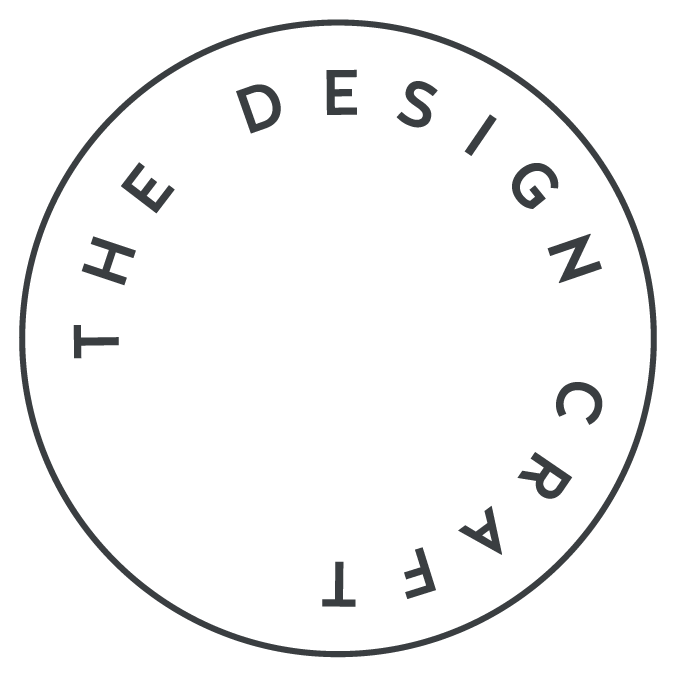Typography is more than just picking a font—it’s a critical element of any greeting card design. The right type can transform your message, evoking emotion and leaving a lasting impression. Here are 10 essential tips to elevate your typography for greeting cards.
1. Keep It Readable
Choose fonts that are easy to read at smaller sizes. Script fonts can be beautiful, but ensure they don’t compromise legibility.
2. Pair Fonts Strategically
Use two complementary fonts: one for the headline and another for the body text. A serif and sans-serif combination often works well.
3. Match the Mood
Your typography should reflect the card’s theme. For example, playful fonts work well for birthdays, while elegant scripts are ideal for weddings.
4. Experiment with Hierarchy
Make the most important text stand out. Use size, weight, or color to guide the viewer’s eye across the design.
5. Mind the Spacing
Pay attention to kerning (space between letters) and line spacing. Tight spacing might feel modern, but ensure it doesn’t make the text hard to read.
6. Incorporate Color Thoughtfully
Match the font color to the card’s palette. Metallic foils or soft hues can add a sophisticated touch.
7. Avoid Overcrowding
Leave enough white space around the text to let it breathe. A clean design feels more polished and professional.
8. Play with Texture
Combine typography with textured backgrounds, like watercolor or linen patterns, to add depth to your cards.
9. Use Custom Lettering
For a truly unique card, try hand-drawn typography or custom lettering. It adds a personal, artisanal touch to your designs.
10. Test Before You Print
Always print a sample before finalizing. Fonts may look different on screen versus in print, especially with intricate typefaces.


